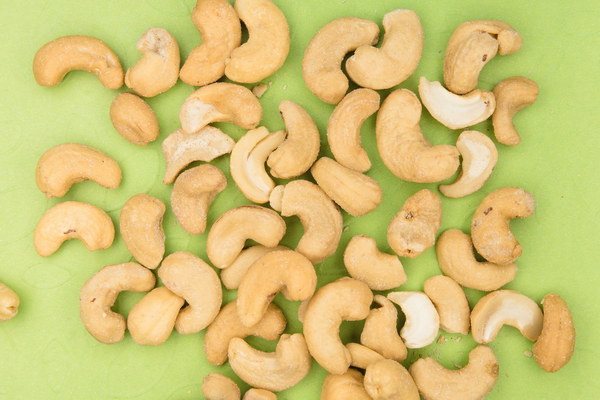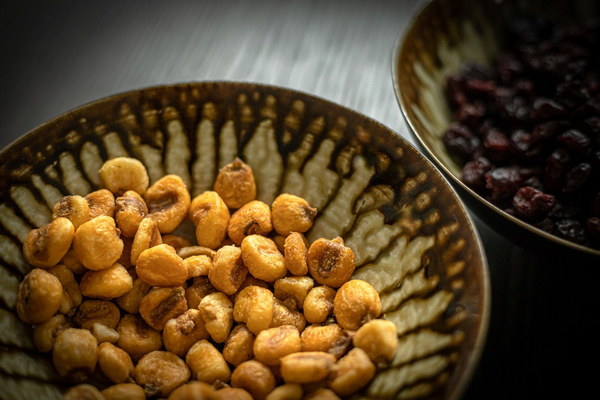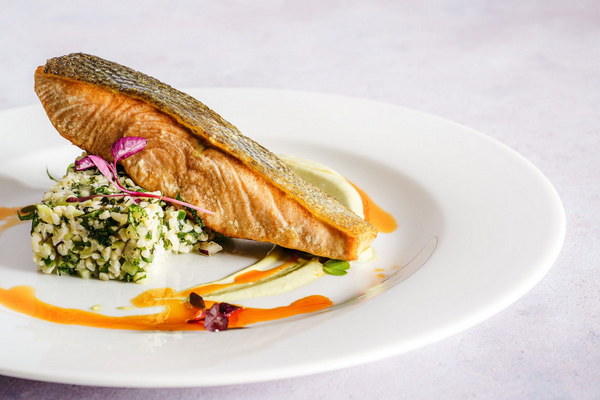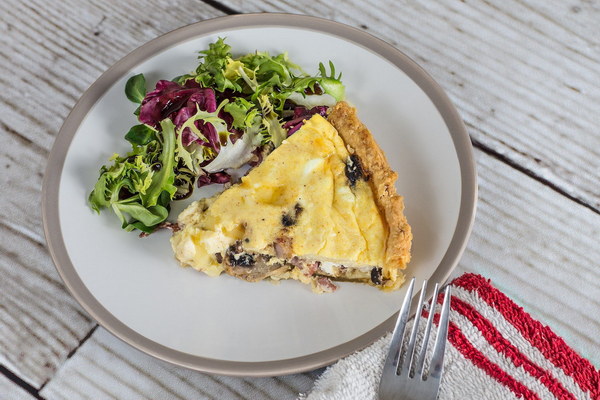The Marvelous Nutritional Power of Rhubarb A Natural Remedy for Health and Vitality
In the world of traditional Chinese medicine, rhubarb, also known as Da Huang, holds a significant place as a potent herb with numerous health benefits. This vibrant, redrooted plant has been used for centuries to treat a wide array of ailments, and its nutritional properties have made it a go-to for those seeking to boost their health and vitality. Let’s delve into the marvels of rhubarb and how it can be a natural remedy for a healthier life.
Firstly, rhubarb is rich in dietary fiber, which plays a crucial role in maintaining a healthy digestive system. The high fiber content aids in the regulation of bowel movements, preventing constipation and promoting regularity. This is particularly beneficial for individuals who struggle with gastrointestinal issues, as it helps to keep the digestive tract clean and functioning optimally.
Moreover, the fiber in rhubarb has been shown to reduce the risk of developing colorectal cancer, thanks to its ability to bind to bile acids and excrete them from the body. This process helps to lower the concentration of bile acids in the colon, which is a known risk factor for the disease.
In addition to its fiber content, rhubarb is packed with essential vitamins and minerals. It is a good source of vitamin C, which helps to boost the immune system and protect against infections. Vitamin C also plays a vital role in the production of collagen, which is essential for maintaining healthy skin, tendons, ligaments, and blood vessels.
Rhubarb is also rich in potassium, a mineral that helps regulate blood pressure and maintain proper heart function. Adequate potassium intake is essential for maintaining fluid balance in the body and for the normal functioning of nerves and muscles.
Furthermore, the plant contains vitamin K, which is important for bone health and blood clotting. Vitamin K helps the body absorb calcium, which is crucial for maintaining strong bones and teeth. It also plays a role in the production of prothrombin, a protein that is essential for blood clotting.
In traditional Chinese medicine, rhubarb is known for its cooling properties, making it a popular herb for treating heat-related conditions, such as inflammation and fever. It is believed to help clear heat from the body and promote the flow of Qi, the vital life force in Chinese medicine.

One of the most remarkable properties of rhubarb is its ability to enhance liver function. It contains compounds that can help protect the liver from oxidative stress and damage caused by harmful substances, such as alcohol and environmental toxins. This makes it a valuable herb for those looking to support their liver health and reduce the risk of liver diseases.
Rhubarb is also a natural diuretic, which means it can help the body eliminate excess water and sodium, leading to weight loss and a reduction in blood pressure. This makes it a popular herb for those looking to manage their weight and reduce the risk of cardiovascular diseases.
To incorporate rhubarb into your diet, you can add it to a variety of dishes, such as salads, smoothies, or baked goods. However, it is important to note that rhubarb is high in oxalates, which can be harmful in large quantities. Therefore, it is best consumed in moderation and not in excessive amounts.
In conclusion, the nutritional power of rhubarb, or Da Huang, cannot be overstated. This remarkable herb offers numerous health benefits, from promoting digestive health to supporting liver function and reducing the risk of chronic diseases. By incorporating rhubarb into your diet, you can tap into its natural healing properties and enjoy a healthier, more vibrant life.









